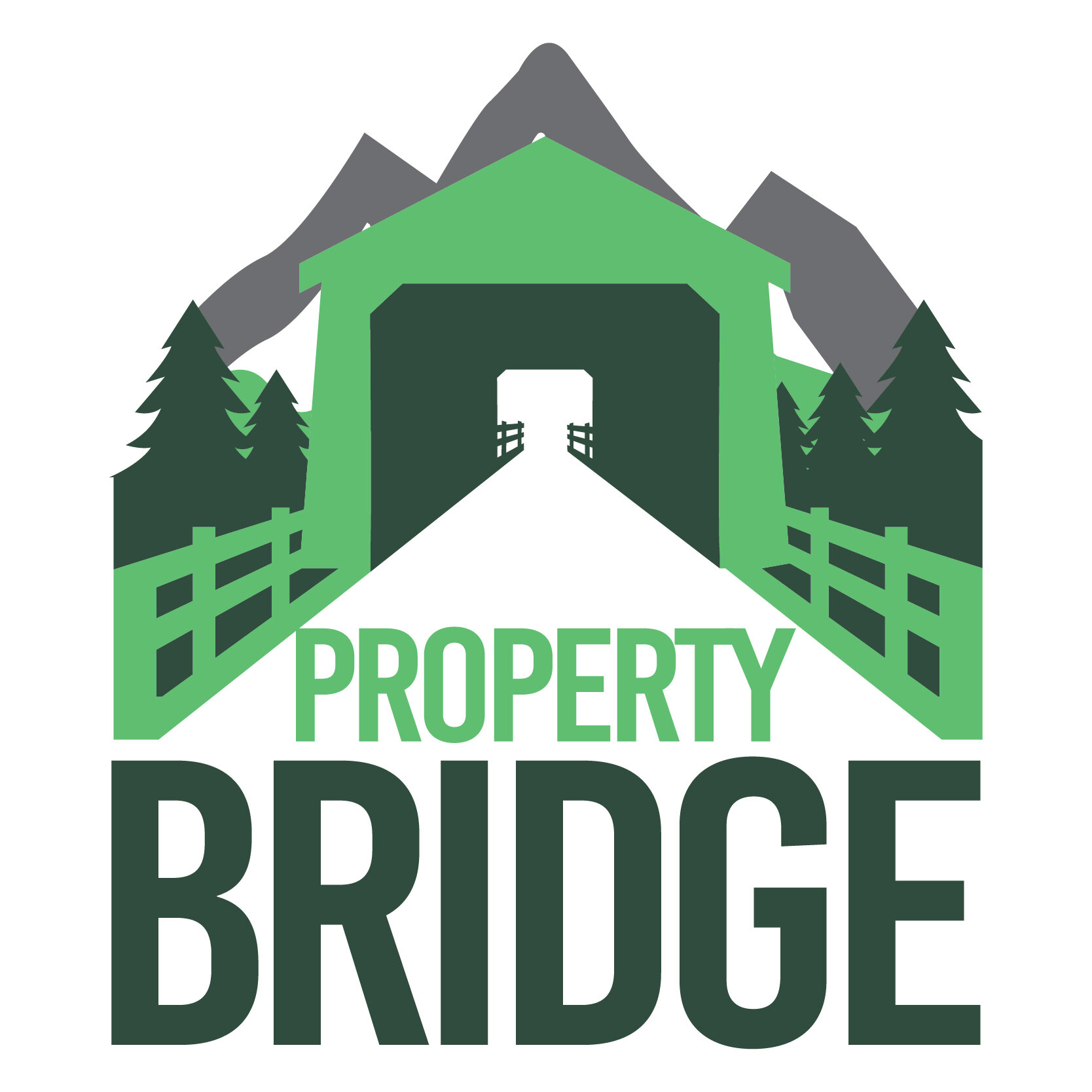Although investing in real estate can lead to financial success, it inherently comes with risks, and one of the biggest risks associated with taking on any property is holding costs. This is especially true when you are stuck with a piece of real estate for too long. These costs can add up quickly and not only do they eat at your profit, but in some cases they will lose you money. In this guide, we’ll take a look at exactly what holding costs are and how they ultimately affect your overall profit. This will including providing a holding cost checklist for investors and property flippers in Eugene to assist in avoiding common pitfalls that can sometimes be overlooked when purchasing a property.
What are Holding Costs?
Holding cost are all of the expenses that come along with owning real estate that you intend to sell or rent out. They include, but not limited to the following: mortgage payments, insurance, property taxes, maintenance, repairs, utilities, etc. Basically, holding costs are any expenses that you will incur while trying to sell a property or trying to rent out a property that go beyond the cost of the needed renovations.
Why are Holding Costs Important?
Calculating your monthly closing costs prior to purchasing a property is crucial as an investor. If you hold onto a property for too long you will begin to diminish your profits, meaning that you need to not only calculate for the time it takes to renovate a house, but also for the time it will take to sell or rent that home. Not accounting for this time or budgeting in your holding costs can actually cause you to lose money on an investment. For example, if you’re paying $1,000 per month in mortgage payments, property taxes, and utilities, and it takes you six months to sell the property, your holding costs will be $6,000. If you were planning on making a $20,000 profit on the sale, your actual profit will now be reduced to $14,000.
Holding costs can also impact your return on investment (ROI). The longer you hold onto a property, the lower your ROI will be. If you’re planning on flipping a property, for example, you’ll want to sell it as quickly as possible to maximize your ROI. However, if you hold onto the property for too long, your ROI will decrease. It’s important to take to scope of work you are looking to do on a property into consideration when it comes to your timeline. If you are doing a simple renovation it may take much less time than if you are taking on a speciality property or working in higher end finishes. Not only will it take longer to finish the project, but it could take longer to find a buyer for a more unique space. Holding costs will be more costly in every aspect for a larger project.
Holding Cost Checklist for Investors and Property Flippers in Eugene
To help you avoid some of the most common holding cost pitfalls, we’ve created a holding cost checklist for investors and property flippers in Eugene. Use this checklist to ensure that you’re factoring in all of the holding costs associated with your property.
1. Mortgage payments: If you have a mortgage on the property, be sure to factor in the monthly payments.
2. Property taxes: Property taxes can vary widely depending on the location and value of the property.
3. Insurance: Property insurance can protect you in case of damage or loss, but it comes at a cost.
4. Utilities: Utilities like electricity, water, and gas can add up quickly, especially if the property is vacant.
5. Maintenance and repairs: Properties require ongoing maintenance and occasional repairs. Be sure to factor in the costs of routine maintenance like lawn care, cleaning, and HVAC maintenance, as well as unexpected repairs.
6. Property management fees: If you’re renting out the property, you may need to pay a property management company to handle tenant issues and collect rent.
7. Homeowner association (HOA) fees: If the property is part of an HOA, you’ll need to pay monthly or annual fees.
8. Vacancy costs: If the property sits vacant for any period, you’ll need to factor in the costs of keeping it secure, maintaining landscaping, and paying utilities.
9. Opportunity cost: The longer you hold onto a property, the more you’re missing out on other investment opportunities. Be sure to factor in the opportunity cost of holding onto the property.
Holding costs are a critical factor to consider when investing in real estate. They can quickly eat away at your profits and impact your ROI. By using the holding cost checklist provided in this guide, you can ensure that you’re factoring in all of the holding costs associated with your property. This will help you make more informed investment decisions and maximize your profitability. Do you have questions about buying or selling real estate in Eugene? Reach out to our team to find out how we help investors and property flippers! (541) 833-0304
